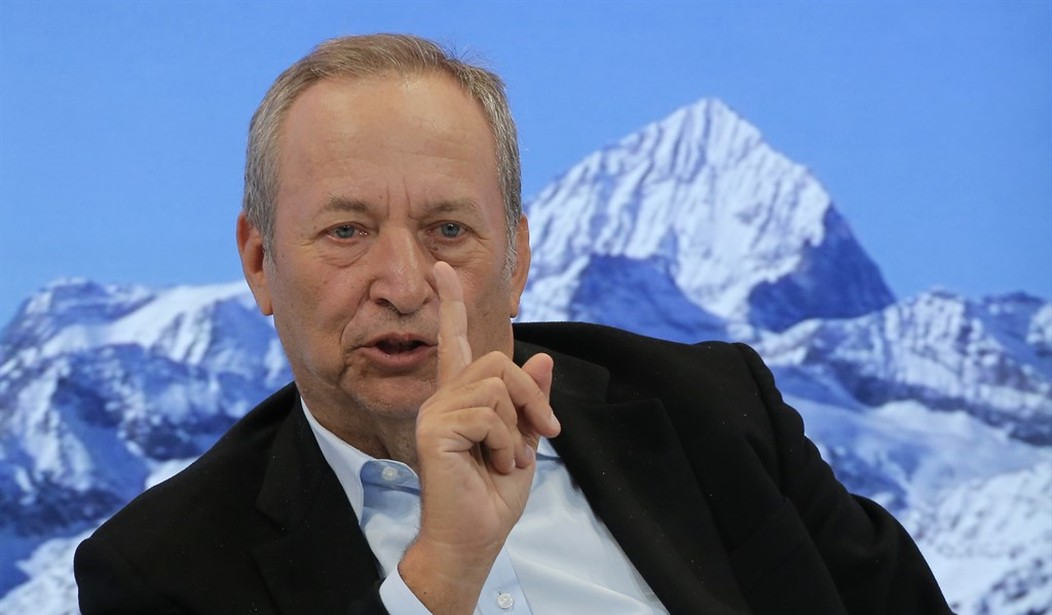One day after a leaked draft decision indicated the Supreme Court is prepared to overturn Roe v Wade, there are lots of Democrats who seem convinced they finally have an issue that will save them from a shellacking at the polls this fall. I suppose anything is possible but I think it’s going to have to be a really unusual election for abortion to matter more to more people than a looming recession. Because it’s increasingly likely that’s where the Fed’s current efforts to curb inflation are headed.
The Federal Reserve is expected to hike interest rates and cut its balance sheet aggressively over the next 16 months, according the May CNBC Fed Survey, and most respondents believe the process will end in a recession…
Respondents, who include economists, fund managers and strategists, see the funds rate hitting 2.25% by year end and rising to a terminal rate of 3.08% by August 2023…
The quick pace of tightening and the stubbornness of inflation leads a majority to believe the Fed will not achieve a soft landing. Asked if the effort to bring down inflation to 2% will create a recession, 57% said it would, 33% said it would be avoided and 10% didn’t know.
If the Fed fails to raise rates high enough or fast enough, inflation could continue to rise. But if they raise rates too high or keep them in place too long, our underlying growth could sputter, leaving the country in a recession. Finding that sweet spot is what economists refer to as a “soft landing.” But, historically speaking, it doesn’t happen very often and the current situation looks like a particularly tough case. The former head of the NY Fed said today that it’s very, very unlikely the Fed can avoid a hard landing.
“The chances of pulling this off are very, very low because they have to push up the unemployment rate,” Bill Dudley, the former president of the New York Federal Reserve Bank, told CNN.
History is not on the Fed’s side.
“In the past, when you’ve pushed up the unemployment rate, you’ve almost never been able to avoid a full-fledged recession,” Dudley said. “The problem the Fed faces is they’re just late.”…
“That’s why soft landings are so difficult to pull off,” said Dudley, who led the New York Fed from 2009 until mid-2018. “By the time you know you’ve overdone it, the next thing you know, you’re already in a recession.”
Dudley does offer some hope, noting that in a handful of cases, 1965, 1984 and 1994, soft landings have been accomplished. But Larry Summers, who has been warning about inflation since last year, co-authored a piece yesterday which argues the current situation is unlike the situation in those three years.
The history of engineering soft landings is not encouraging, however. We found that every time the Fed has hit the brakes hard enough to bring down inflation in a meaningful way, the economy has gone into recession.
While some have argued that there have been several examples of soft landings over the last 60 years, including in 1965, 1984 and 1994, we show in our analysis that these periods had little resemblance to the current moment.
In all three episodes, the Fed was operating in an economy with significantly higher unemployment, lower inflation and lower wage growth. In these historical examples, the Fed also raised interest rates well above the inflation rate—unlike today, where inflation is at 8.5% and interest rates are projected to remain below 3% through 2023—and explicitly acted early to pre-empt inflation from spiraling, rather than waiting for inflation to already be excessive…
With wages rising so fast, there is little basis for optimism that inflation can slow to the 2% range targeted by the Fed. Our analysis shows that current wage growth implies sustained inflation above 5%, and that historically wage growth does not slow without significant increases in unemployment and a recession.
In other words, the Fed’s current plan is probably too little and too late.
The good news, if you can call it that, is that most of those who responded to the CNBC survey predict the recession won’t hit until August of 2023. That’s well after the election, obviously. Still, even if the recession isn’t here by November it will probably be pretty clear by then what’s coming. Indeed, if Summers is right about the interests rates needed to curb our current inflation, then the Fed’s efforts this entire year won’t do much to restrain it.
So picture people going to the polls in November with inflation still high and a general consensus that interest rates will continue to go up and recession is around the corner. Are those voters electing Democrats to save Roe v Wade? Never say never, but it would have to be a pretty unusual year for voters to suddenly decide, under those circumstances, that the economy is anything other than their primary concern.







Join the conversation as a VIP Member